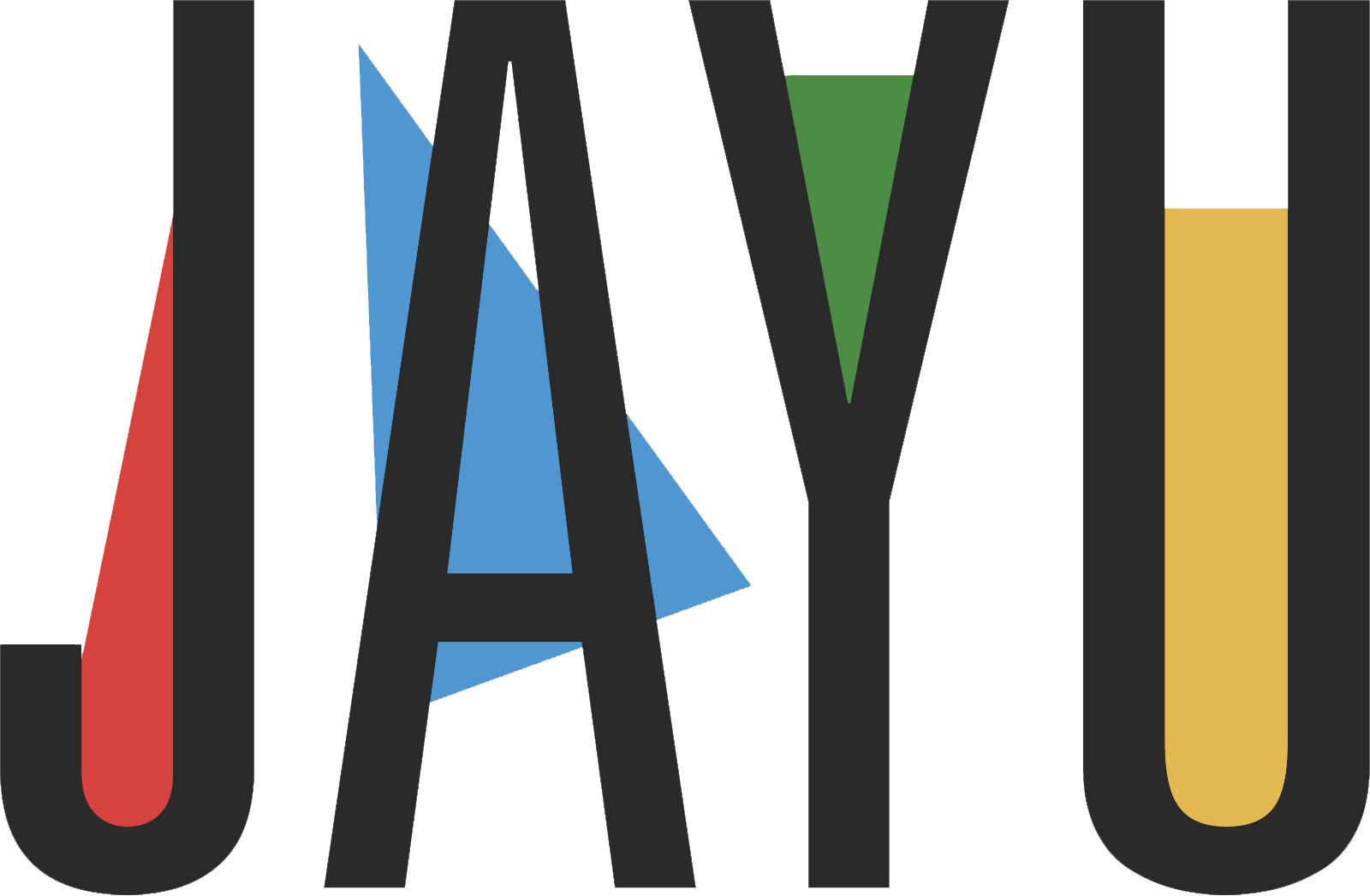Remote Learning, Remote Hardship: Disability and Online Education
The COVID-19 pandemic has made it so many aspects of daily life have changed dramatically, and as a university student, I am not exempt from any of this. Numerous aspects of my education have been cancelled, challenged and modified. The national turn to online learning, has left many students in unique positions, with unexpected consequences. For students with disabilities the effects of online education are extensive. With this new online learning format deployed in a rapid and untested manner, the ramifications on students are situationally unique and unprecedented. Able-bodied students may have difficulty finding internet access, learning in a home environment or having to create their own schedules; students with disabilities have to work through those same issues all while trying to adapt their specific accessibility needs to fit the online world.
When the pandemic first shut down schools in March of 2020, there was an initial excitement with elongated march breaks and extensions and cancellations of assignments. Now, a year later, after almost two full semesters of fully online university, all I can say is morale is low. Having no designated space for school, and being sequestered to my room for all personal, educational and leisure activities, has drastically lowered my desire to learn. As someone with mental illness and a visual processing deficit caused by an infantile stroke, online learning has shown me the veritable up and downs of my academic abilities and patience. I thrive in educational environments with high levels of interaction and participation; in past non-pandemic years, the walks between classes have been great for my mental health, allowing me to move and socialize. Being an auditory learner, I didn’t realize how much I relied on listening to my peers discuss schoolwork, assignments and readings, to fully grasp concepts taught in class. Now, with online education, I predominantly work through content alone. I had never sought out accessibility services before because I had come up with my own in-class strategies to properly understand content. The shift to online learning, has meant the removal of the basic resources necessary to implement my strategies. Unable to utilize auditory cues in a physical classroom setting to comprehend assignments and material, I now have to text friends for audio message explanations of projects and readings. In many ways, I feel as though I’ve regressed to ground zero.
With everything that as occurred over the past year, I have a feeling I am not the only one who feels this way. Due to an increase in mental health issues and mental health disabilities because of pandemic stressors and overall unease, many students who would not otherwise be seen as needing accessibility strategies, are now struggling to perform to their best ability in an online environment. In many ways, online schooling seems to be delivered with a Get ‘Er Done mentality, with course content and assignments being thrown at students at a breakneck pace just so faculty can check a box of completion. At a time where more and more students may be requiring modified learning, it seems as though accessibility needs are being drastically overlooked. Students may not even need a diagnosed physical, mental or learning affliction, because in a time of online everything, even a lack of internet, time change, or international placement could be considered disabling.
If one thing is for sure, it’s definitely not all bad. Remote learning has also allowed for unique educative opportunities. Students are able to create their own environments, suiting their needs of accessibility and comfort; these specialized personal workspaces can become easily customizable to complement specific distance education courses. Online learning also breaks barriers imposed by in person, and on campus education. For students with anxiety and mental health disabilities, stress could be caused by having to sit in large, interactive classes. Online learning offers a way to ease into academic programming in an unintrusive way. For students with physical and mobility needs, distance education allows for a full educational experience without having to interact with a campus that may not be constructed with accessibility in mind.
Overall, online learning has definitely had its challenges. Instead of attending in person lectures, and hanging out with classmates face to face, I sit at my desk in pajamas, and watch profs talk over slides like it’s the next hit Netflix original series. The one thing I keep telling myself though, is that this is temporary. Eventually I will be able to sit in a classroom again, and talk with others, and ask questions to an actual person and not a computer screen. My one hope is that this online learning experience, teaches all of us, students and faculty alike, that there are numerous ways to learn, take-in information and grow academically. And hey, one last thing… can someone please explain this one assignment for me?!
